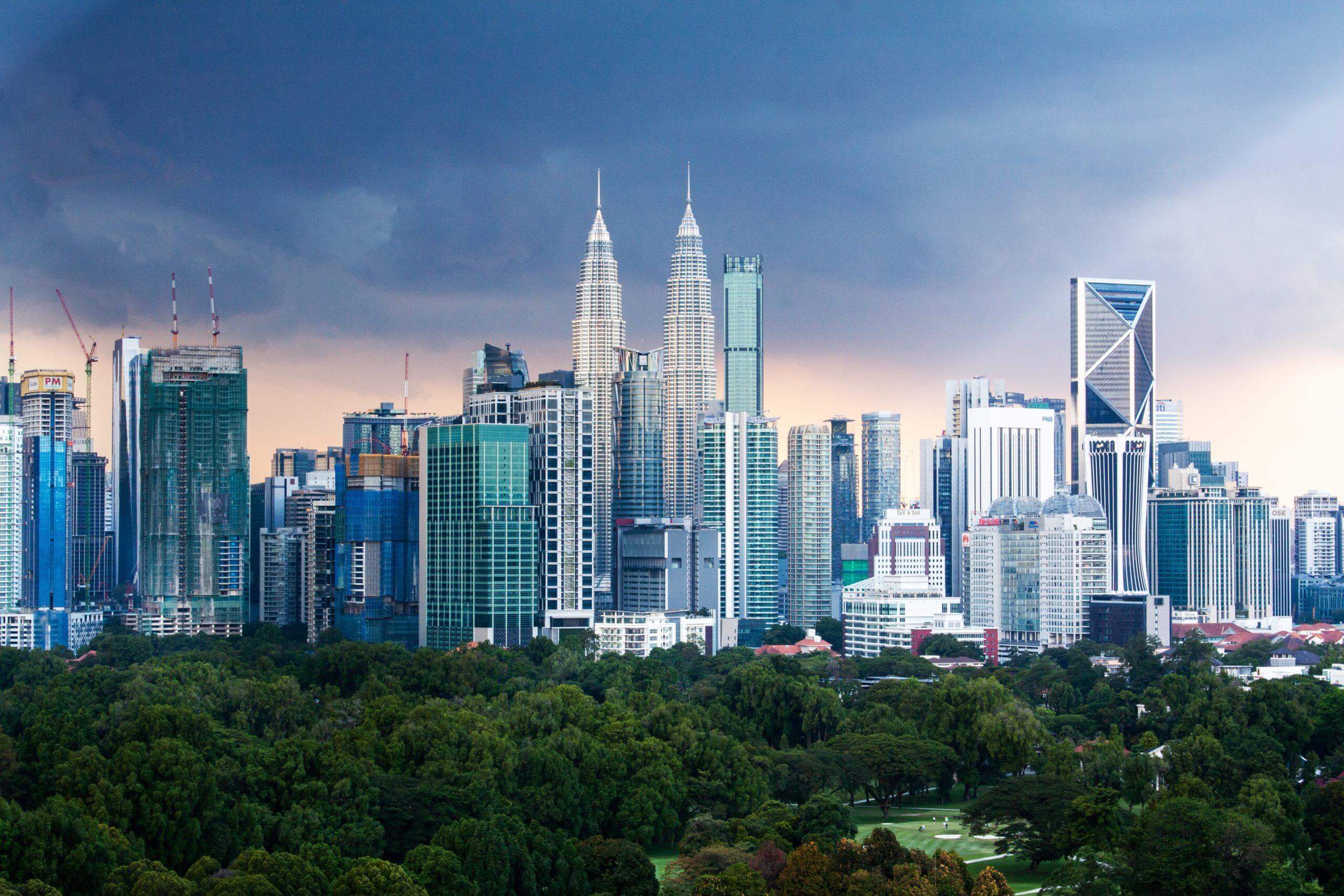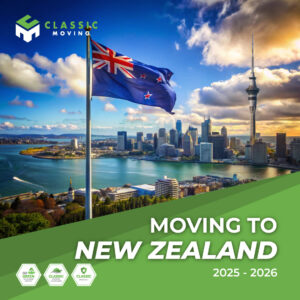The decision to move from Singapore to Malaysia is the result of several different weighted elements, including career prospects, lifestyle, and family preferences. Despite these two countries being located very close to each other and sharing history, a move from either country requires planning. These are the very necessary steps underlined in the guide: right from understanding the visa requirements to getting accustomed to your new home so that you can navigate through this change well.
Tip 1: Exploring Visa Requirements and Residency Rules for Moving from Singapore to Malaysia
Understanding the requirements for visa and residency would be the first step in the process of migration. Malaysia has various types of visas that are provided for the duration a person intends to stay in the country for various purposes like expatriation, and long-term residency, all having their criteria well defined.
Visa Types and Requirements
Short-term visitors can use an easy-to-obtain tourist visa, which is usually given on arrival for Singaporeans. On the other hand, if you want to work or stay in Malaysia for a while you may need an employment pass or long-term stay visa. This has its requirements, such as a Malaysian job offer or sponsorship from a family member in the country.
Legal Considerations
Also, look at the validity of your visa and its attached conditions for staying in the country. Please check that your passport is valid for at least six months after your stay in Malaysia (the expiry date should be at least six months from the date of your departure from Malaysia). Keeping these documents up to date is very important to stay clear of legal hassles.
Tip 2: Strategies for Finding Suitable Accommodation in Malaysia
Having completed these regulations, next is the challenge of finding a place to stay. Malaysia offers pretty good variation, starting from high condominium buildings in Kuala Lumpur and ending with villa houses on the beaches of Penang. The choice is yours, considering your personal and professional necessities.
Housing Market Overview
The standard of living is relatively lower in Malaysia compared to Singapore. Probably, it would be affordable to offer one a larger and more readily accessible home. For example, cities like Kuala Lumpur, Johor Bahru, and George Town have all ranges of accommodation for any budget and style of living.
Tips for Renting in Malaysia
This way, you will get to know what properties are out there and what rental prices generally prevail in the area you desire. Start your search online and, at the same time, hire a local real estate agent who can enlighten you regarding the same and how to carry out negotiations and legal formalities so that needless hassle is not created in finding a decent place.
Malaysian lease agreements usually demand a minimum one-year rental commitment, accompanied by a deposit equivalent to two months’ rent. Go through the lease agreement ensuring there are clauses to cover terms of responsibility for maintenance, restrictions, and conditions of refunding deposits to avoid disputes thereafter.
Tip 3: Adjusting to Cultural and Social Differences Between Singapore and Malaysia
One of the most crucial aspects of moving from Singapore to Malaysia is understanding and respecting cultural differences for a more peaceful relocation. Both countries have some similarities in culture, while at the same time, their social norms are somewhat different, the languages diverge, and so do everyday life practices.
Language and Communication
While English is quite frequently spoken in Singapore and Malaysia, Bahasa Malaysia is the national language of Malaysia. Learning some basic phrases in Bahasa Malaysia will help you smooth the wheels of your daily interactions and be respectful of local culture. Also, Malaysians often communicate more indirectly than Singaporeans do, so it means being open to the possibilities of understanding and knowing how to respond appropriately in a social setting.
Tip 4: Managing Finances: Currency, Banking, and Cost of Living Adjustments
Shifting to Malaysia is also going to make a whole difference to your financial status due to the difference in currency value and living standards. Effective financial planning and the change according to these differences are very important.
Currency Exchange and Banking
The local currency is the Malaysian Ringgit (MYR), and most newcomers have to manage the exchange of currencies regularly. Financial transactions are much easier to do with a local bank account, alongside a better rate in currency exchange. Major banks in Malaysia often offer accounts that can be opened with basic documentation and a small initial deposit.
Adjusting to the Cost of Living
By and large, Malaysia is way cheaper than living in Singapore. The difference spells one’s money goes farther here, most especially for housing, groceries, or dining out. Planning based on local costs will ensure that the individual lives within his means without financial stress and avoids extravagance.
Tip 5: Navigating the Malaysian Healthcare System as a Former Singapore Resident
This is due to the reason that health care is a very key aspect that should always be put into consideration when one is thinking of relocating to a different country. Malaysia provides public and private high-quality healthcare systems.
Public vs. Private Healthcare
It is well-established that Malaysia has public healthcare, very affordable to its people. However, many expatriates opt for private health since they have minimal waiting hours and are offered several services, including specialists who can express themselves in the English language. Understanding these options will help you make informed decisions for your healthcare needs.
Health Insurance Options
Securing a health insurance policy is a must, especially in the case of private healthcare. Many employers offer health insurance plans, but if yours doesn’t, many international insurance companies operate in Malaysia. This may include individualized schemes that may have coverage equivalent to or even surpassing that which you are accustomed to in Singapore.






